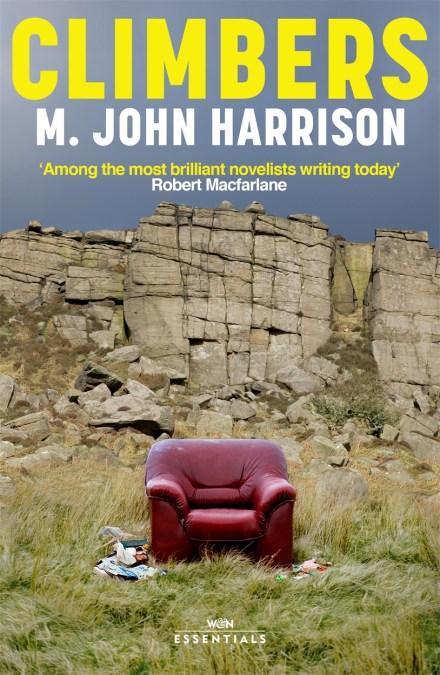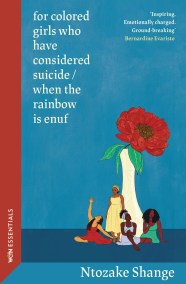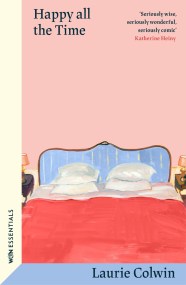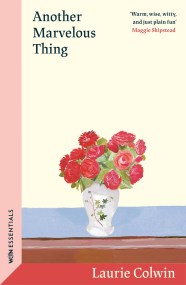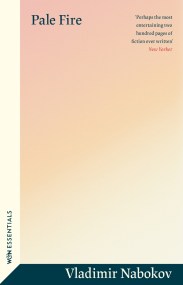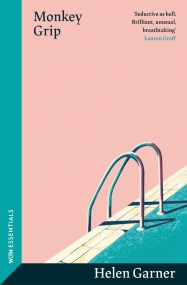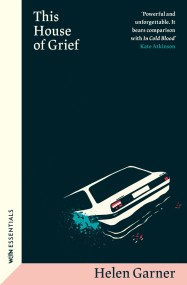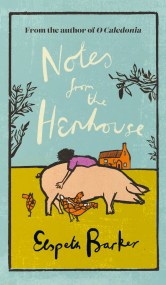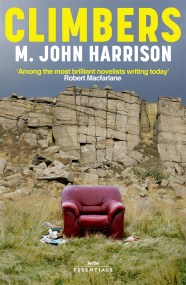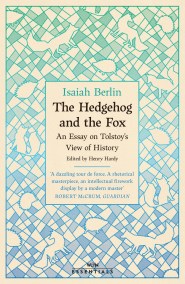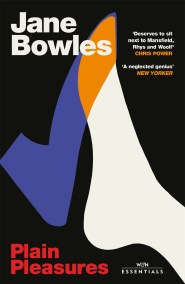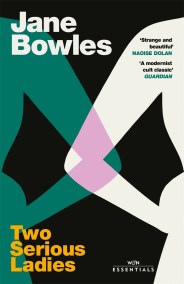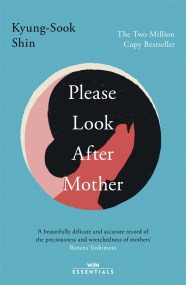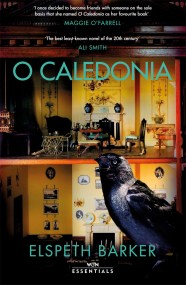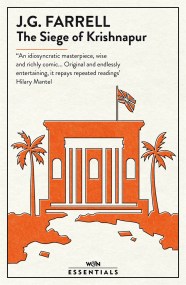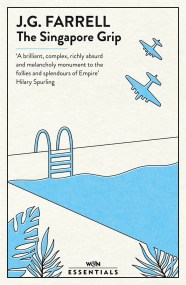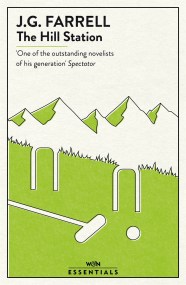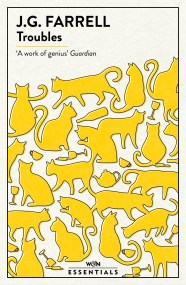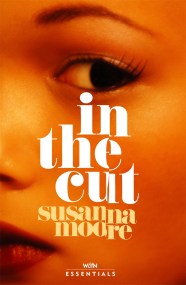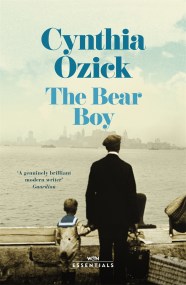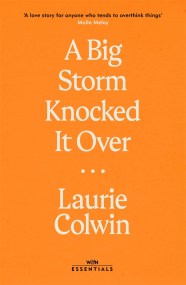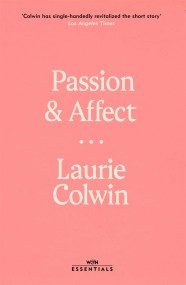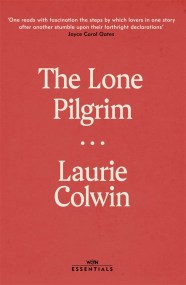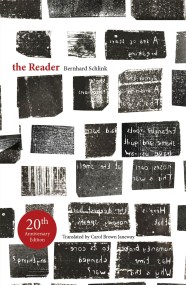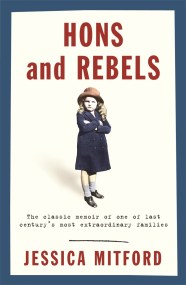Climbers
On sale
9th May 2013
Price: £9.99
One of M. John Harrison’s most acclaimed novels in a career of near universal acclaim, CLIMBERS is, perhaps, the least fantastical of his novels. Yet it carries life-changing moments, descriptions of landscape bordering on the hallucinogenic and flights of pure fictive power that leave any notion of the divide between realistic and unrealistic fiction far behind. First published in 1989, CLIMBERS has remained a strong favourite with fans and reviewers alike.
A young man seeks to get a grip on his life by taking up rock-climbing. He hopes that by engaging with the hard realities of the rock and the fall he can grasp what is important about life. But as he is drawn into the obsessive world of climbing he learns that taking things to the edge comes with its own price.
Retreating from his failed marriage to Pauline, Mike leaves London for the Yorkshire moors, where he meets Normal and his entourage, busy pursuing their own dreams of escape. Travelling from crag to crag throughout the country, they are searching for the unattainable: the perfect climb. Through rock-climbing, Mike discovers an intensity of experience – a wash of pain, fear and excitement – that obliterates the rest of his world. Increasingly addicted to the adrenaline, folklore and camaraderie of the sport, he finds, for a time, a genuine escape. But it is gained at a price…
This dark, witty and poetic novel is full of the rugged beauty of nature, of the human drive to test oneself against extremes, and of the elation such escape can bring.
CLIMBERS was featured on BBC Radio 4’s A GOOD READ in February 2021. Poet Helen Mort called it “a poetic portrait of the strange and fascinating, very niche world of rock climbing” and Harriett Gilbert called the writing “like prose poetry, it’s beautiful.”
A young man seeks to get a grip on his life by taking up rock-climbing. He hopes that by engaging with the hard realities of the rock and the fall he can grasp what is important about life. But as he is drawn into the obsessive world of climbing he learns that taking things to the edge comes with its own price.
Retreating from his failed marriage to Pauline, Mike leaves London for the Yorkshire moors, where he meets Normal and his entourage, busy pursuing their own dreams of escape. Travelling from crag to crag throughout the country, they are searching for the unattainable: the perfect climb. Through rock-climbing, Mike discovers an intensity of experience – a wash of pain, fear and excitement – that obliterates the rest of his world. Increasingly addicted to the adrenaline, folklore and camaraderie of the sport, he finds, for a time, a genuine escape. But it is gained at a price…
This dark, witty and poetic novel is full of the rugged beauty of nature, of the human drive to test oneself against extremes, and of the elation such escape can bring.
CLIMBERS was featured on BBC Radio 4’s A GOOD READ in February 2021. Poet Helen Mort called it “a poetic portrait of the strange and fascinating, very niche world of rock climbing” and Harriett Gilbert called the writing “like prose poetry, it’s beautiful.”
Newsletter Signup
By clicking ‘Sign Up,’ I acknowledge that I have read and agree to Hachette Book Group’s Privacy Policy and Terms of Use
Reviews
[A] masterpiece . . . celebrated for its fine-grained depictions of the landscapes of Northern England through the seasons . . . Harrison is a psychological novelist whose fascination with trauma, repression and memory remains constant throughout his work. Climbers - the great hinge in Harrison's career - is a novel-length attempt to view the past so clearly you can see the beard-frost
More than anything I've ever read, Climbers truly gets to the heart of that strange, indefinable otherness of the wild northern landscape, and the odd people compelled to conquer it in their own odd ways. It feels more than book - it's an adrenalized dream, a series of moods as changeable as the sky above. Unique is the only word for it
Reading Climbers today it's not just the incredible sense of a place and part and time of England that is so vividly done, but also the warm, complicated drawing of its people. As soon as I finished the book I missed, deeply, all that odd little gang with their obsession and their jargon and their pastime. Harrison's book is fossil and debris, with the qualities of both stone - pure, clean, hard, and the strange uncanniness that comes with finding a bottle top, say, that takes you back to a past decade
If fiction's greatest achievement is in affecting the way the reader sees the world, then Harrison's spare and beautiful prose has conjured up here a feeling of almost permanent dislocation from the routines of everyday life. Even when the book has been closed, it's a feeling that is incredibly hard to shake off
Harrison is a linguistic artist, constructing sentences that wrap and weave like a stream of consciousness without ever breaking focus
A poetic portrait of the strange and fascinating, very niche world of rock climbing
Like prose poetry, it's beautiful
M. John Harrison has abjured the high-pitched melodramatics of TOUCHING THE VOID for a microscopically observed novel about a group of climbers . . . Descriptions of the various climbs are painstaking and suspenseful, and Harrison has a sharp ear for dialogue. But most impressive is his acute sense of place . . . the raw beauty of the Pennines
A lot of literary fiction has become its own cliché and it's become very mannered. Of course there's a lot of appallingly bad pulp fiction but when this stuff finds something new and locates itself as part of the tradition it's as good as anything. There are some writers in that tradition in terms of their use of language who as prose stylists are the equal of anyone alive. I'm thinking of people like John Crowley, M John Harrison, Gene Wolfe.
Future critics will find in his writing a distinct, clear-eyed vision of late-twentieth and early-twenty-first-century life
Over the past 50 years, M. John Harrison has produced a remarkably varied body of work . . . He is not easily pigeon-holed - an intentional state of affairs, but one that has denied him a large readership . . . When he moves into less exotic terrain, he's able to make everyday experiences feel alien - the best example being his 1989 novel Climbers, set in the Pennines among misfits who claw their way up crags, escaping one kind of precariousness by chasing another . . . The prose ripples with mystery and lustrous turns of phrase, and there are flashes of humour, too . . . The landscapes are part J.G. Ballard, part Iain Sinclair . . . Equally at ease depicting suburban midlife crisis and parallel universes, Harrison writes memorably about people who are bewildered, sidetracked, trapped or on the lookout for opportunities to change
A vivid, restless, deeply cunning novel
Sheer brilliance
Stunning . . . Harrison makes an intensely poetic and evocative brew of the interstices between sport, passion and obsession. Moments of exquisite surreality rub against others in which you can smell the soil and stone
Harrison draws the reader on by the clarity of his vision and writing . . . The way he handles the sport and the social background bears comparison with that of David Storey in THIS SPORTING LIFE. I know no higher praise
Magnificently unsettling . . . Harrison described this real, gritty world with the same precise and estranging fluency with which he has more often mapped galactic space, using the dense idiolect of climbing to make atmosphere and geology resonate on an emotional, interior level. Some kind of breach or fault line was being cautiously staked out, a post-industrial, late-capitalist collapse in credit and confidence so amorphous and inarticulable that it would vanish altogether if apprehended too directly. . . . No one alive can write sentences as he can. He's the missing evolutionary link between William Burroughs and Virginia Woolf, bringing together new blooms of language, gathering up advertising copy and internet lingo and arranging them in startling hybrid forms.
Harrison is without peer as a chronicler of the fraught, unsteady state we're in

